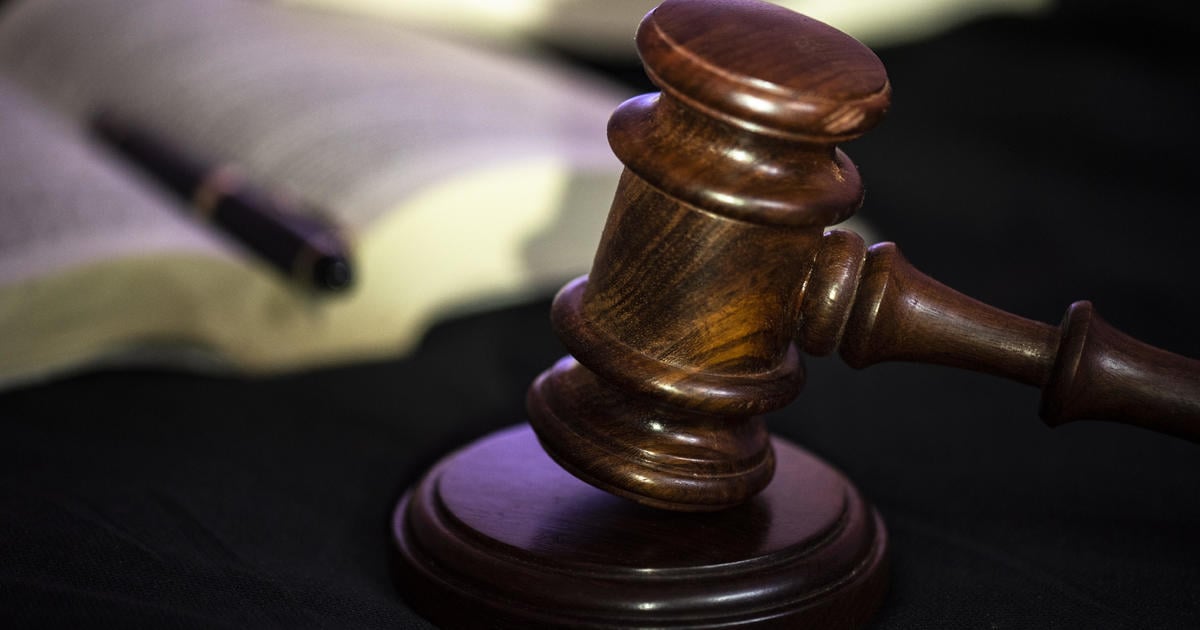A Louisiana man has been sentenced to decades in prison and physical castration after pleading guilty to raping a teenager, according to a news release from the region’s district attorney.
Glenn Sullivan Sr., 54, pled guilty to four counts of second-degree rape on April 17. Authorities began investigating Sullivan in July 2022, when a young woman told the Livingston Parish Sheriff’s Office that Sullivan had assaulted her multiple times when she was 14. The assaults resulted in pregnancy, and a DNA test confirmed that Sullivan was the father of the child, the district attorney’s office said. Sullivan had also groomed the victim and threatened her and her family to prevent her from coming forward.
…
A 2008 Louisiana law says that men convicted of certain rape offenses may be sentenced to chemical castration. They can also elect to be physically castrated. Perrilloux said that Sullivan’s plea requires he be physically castrated. The process will be carried out by the state’s Department of Corrections, according to the law, but cannot be conducted more than a week before a person’s prison sentence ends. This means Sullivan wouldn’t be castrated until a week before the end of his 50-year sentence — when he would be more than 100 years old.



Religion and guns. It’s impossible to have any reasonable discussion with someone who thinks laws written in musket times should be enshrined forever. Originalists conveniently forget that the amendment process exists for an reason and absolutely hold us back.
I’m just going to point this out - at the time the 2nd amendment was written revolvers existed, as were weapons that would be the earliest forms of what are now automatic weapons, there was even a relatively quiet rifle that could fire 22 shots per reload. Honestly, right around then was a time of massive innovation in the firearms space, with a lot of ideas and designs not getting much traction for various reasons.
These were “musket times” not because muskets were the best guns out there, but because muskets were cheap and easy to produce and literally any gunsmith worth the title could produce and repair them easily. Making them cheap to deploy for a military and also the most common gun for a citizen-soldier. Those other guns had limited manufacturing, required specialized knowledge to fix and maintain, or were expensive enough that they weren’t common. That last one I mentioned (the Girardoni air rifle) was notable for being carried by the Lewis and Clark expedition in 1803 (it didn’t see a lot of military use because they were expensive and also required specialized parts and knowledge to maintain - ten men with muskets is a better use of military spending than one guy with a Girardoni).
Claiming that any firearm more sophisticated than a musket was so far beyond belief that the authors of the 2nd amendment couldn’t possibly have imagined it and therefore they shouldn’t be counted as “arms” is ridiculous. And also the argument you could use to claim the 1st amendment shouldn’t apply to anything other than in person speech or print works, not film or TV or radio or the internet because those are light-years farther outside the realm of things the authors of the 1st Amendment could have imagined than a rifle that can hold and fire 30 rounds.
No one says laws should be enshrined forever, there’s a process for changing or revoking them. For regular legislation, passing further legislation is all that’s needed. For the constitution, there’s an amendment process baked into it that has been used several times and even originalists accept that those amendments were valid, they just assume that the words used mean what they meant when the amendment was written, not what they might mean today if there’s a difference.